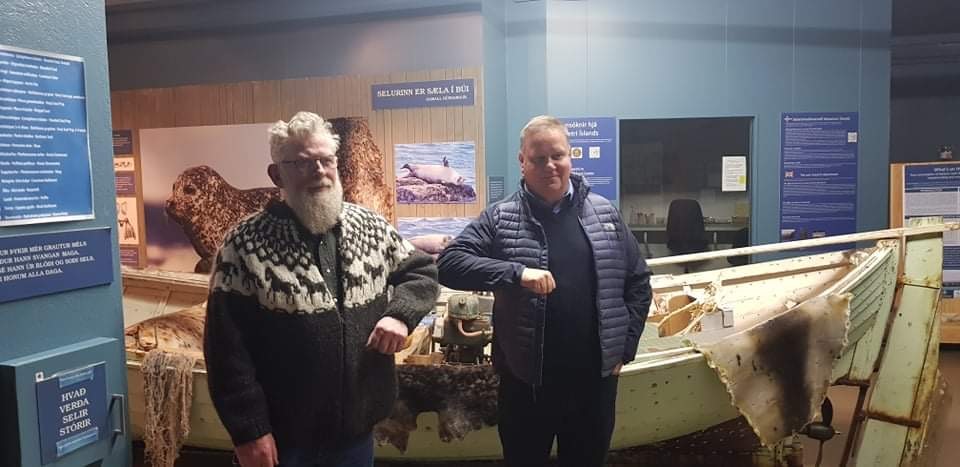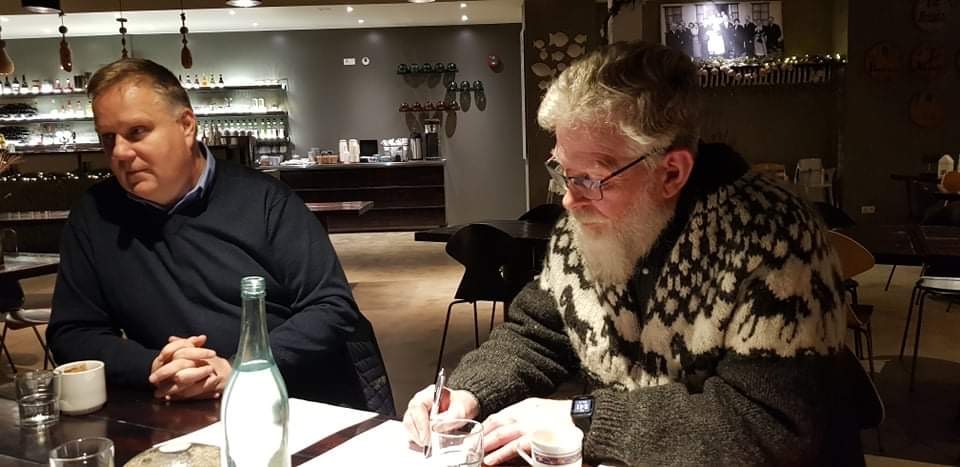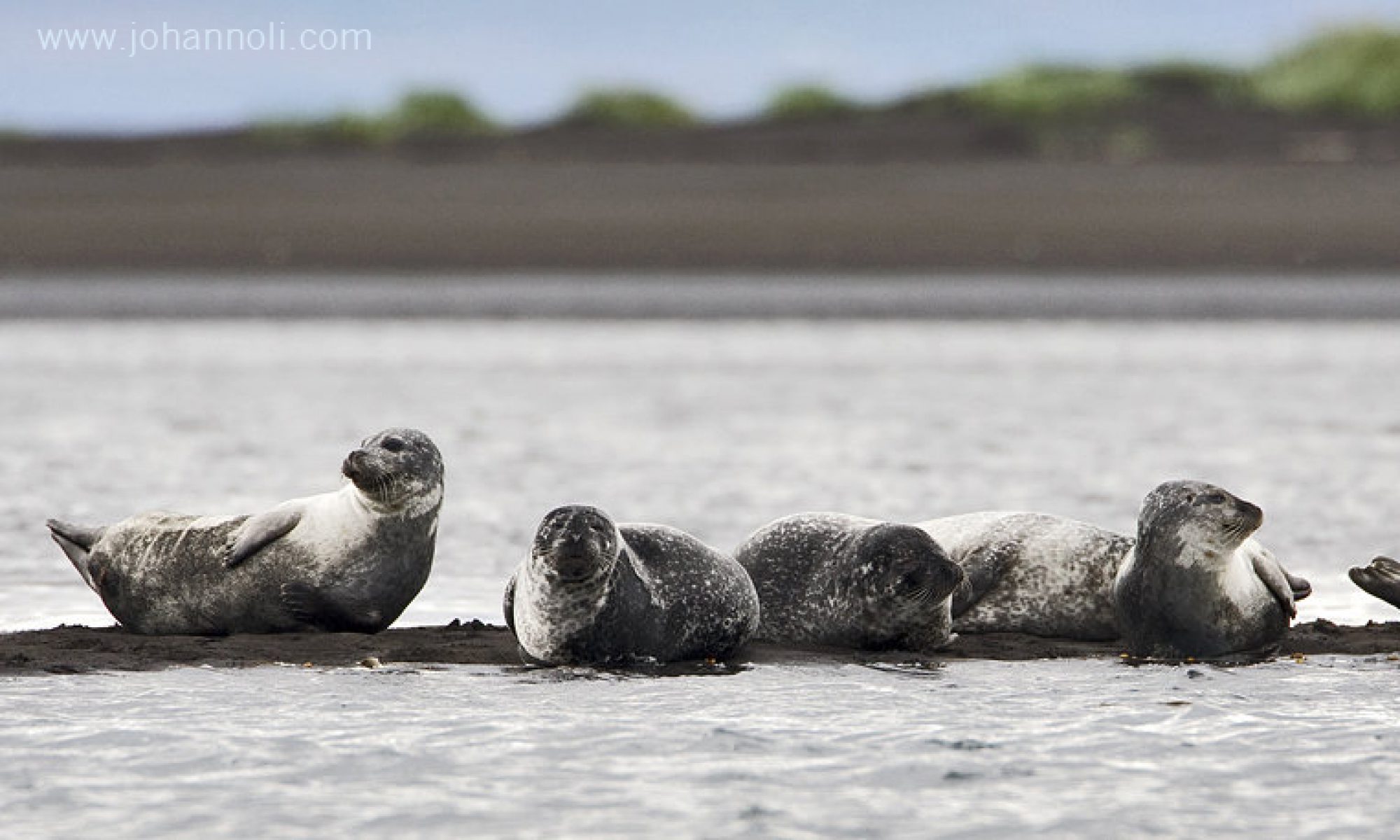The summer opening time 2021 will be every day from 15 May until 15 September, from 10:00 to 17:00.
New Director
Páll Línberg Sigurðsson was hired to the position of Director of the Icelandic Seal Center, starting January 1, 2021.


Director of the Icelandic Seal Center

The Icelandic Seal Center invites applications for the full-time position as director of the center. The Icelandic Seal Center was founded to foster pinniped research in Iceland, to promote sustainable tourism in the area, and to educate the general public about seals. The Center was originally established in 2005 in the interests of further reinforcement of sustainable tourism in Húnaþing vestra region. The Seal Center is located in the village of Hvammstangi, which is a family friendly community with excellent educational and healthcare facilities. The location offers great access to nature. See our website: www.selasetur.is
The position entails:
- Goal setting and leadership of the institute
- Leadership in developing and implementing new research projects
- Involvement in the development of local nature-based and rural tourism related to seals
- Hosting and teaching student groups and visitors
- Financial and management leadership
We are looking for a person with:
- Master’s degree in tourism studies or fields related to the research focus of the Seal Center is required, but Ph.D. is beneficial
- Experience in project management, research, teaching, and tourism development
- Leadership qualities, and who is responsible with good personal skills and able to manage diverse collaborations
The position starts January 1st 2021; application deadline is November 1st 2020.
Applications, including a CV, academic records, and two letters of recommendation should be sent to: Guðmundur Jóhannesson gummijo@simnet.is
Lunch presentation at the Icelandic Seal Center!

Thursday 25 June, two lunch presentations will be given in the auditorium of the Seal center.
Cécile Chauvat, who recently graduated with a Master in Coastal Management from The University Center of the Westfjords will present the results of her master thesis, which she conducted at the Icelandic Seal Center in cooperation with Hólar University and the Marine and Freshwater Research Institute. Her thesis was supervised by Dr. Jessica F. Aquino and Dr. Sandra M. Granquist.
Polina Moroz, a master student from The University of Iceland, will give a presentation about her research proposal. She is researching harbour seal colonies by using wildlife trail cameras at important resting areas of the seals. Her study is conducted at The Icelandic Seal Center in cooperation with The Marine and Freshwater Research Institute and her supervisors are dr. Sandra M. Granquist and dr. Marianne H. Rasmussen.
• 12:00 Visitors in the land of seals; Values, opinions and perceptions of visitors to inform management at seal watching spots in Northwestern Iceland , Cécile Chauvat
• 12:30 Observation of haul-out behavior of the Icelandic harbor seal (Phoca vitulina) population using automatic trails cameras in Vatnsnes, NW Iceland, Polina Moroz
New Master’s Project Started

Meet Polina Moroz, master student in Environment and natural resources at The University of Iceland. This summer Polina is working on a project in co-operation with The Icelandic Seal Center and The Marine and Freshwater Research Institute, called „Using stationary automatic trail cameras to monitor harbour seals at important haul-out sites“. Her supervisor is Sandra M. Granquist (Head of Seal Research Department at The Icelandic Seal Center and specialist at The Marine and Freshwater Research Institute). The project is supported by The Icelandic student innovation fund.

